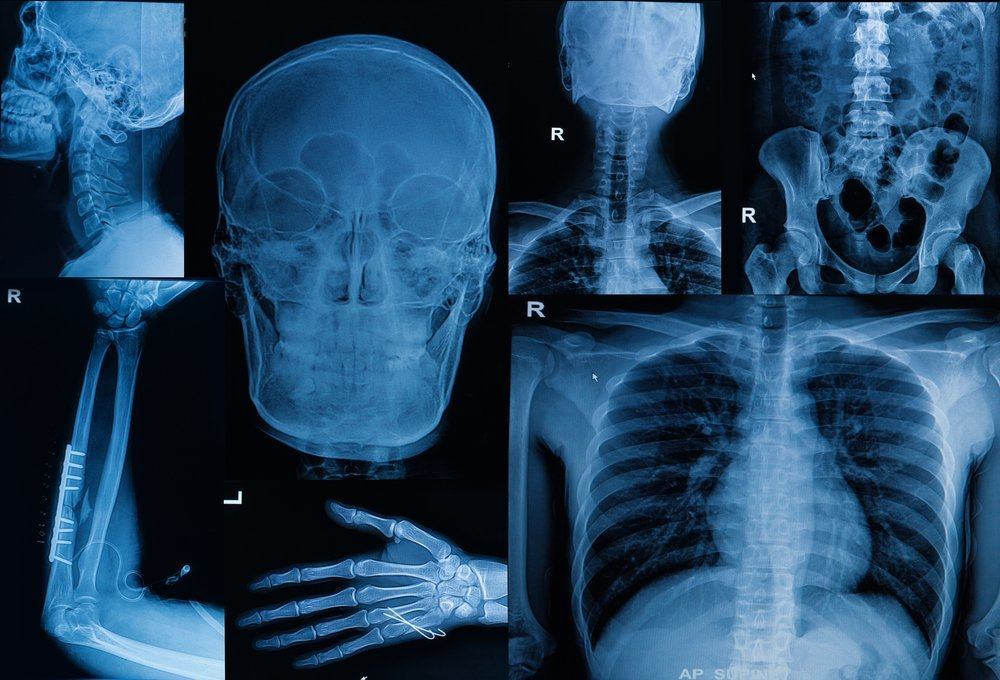Contents:
- Medical Video: How to Ease a Stomach Virus
- Causes of fasting nausea and vomiting
- Most eat greasy food at dawn
- Go straight to sleep after eating sahur
- How to prevent vomiting during fasting
- 1. Avoid fatty and spicy foods
- 2. Chew food slowly
- 3. Eat bland food
- 4. Drink ginger tea
Medical Video: How to Ease a Stomach Virus
Nausea and want to vomit sometimes often occur when you undergo fasting in the first few days. Usually it is caused by your food and diet at dawn and breaking. In a hadith, it is said that vomiting can cause fasting if done deliberately. What if you accidentally throw up? Relax, your fast is not canceled, really. Then, is there a way that can be done to prevent vomiting during fasting? Certainly there, see the refinement below.
Causes of fasting nausea and vomiting
First, the habit of wanting to vomit when fasting is sure to have a reason. Usually caused by digestive problems and wrong eating Sahur food. Not infrequently daily activities or other factors can affect your desire to vomit while fasting. What are the causes of vomiting?
Most eat greasy food at dawn
Clear oily foods contain high fat content. When you eat oily food at dawn, your stomach sends a signal to your brain to slow down gastric emptying. This is done to prevent the excess amount of fat from and released into the bloodstream at the same time. When it occurs, the result is not infrequently the nausea that appears will cause vomiting.
Go straight to sleep after eating sahur
Immediately sleeping after dawn can be one of the triggers for nausea and whack. To reduce the effect, it is better if you have this condition do not go straight to bed after eating meal. Because sleeping on a stomach full of food risks increasing stomach acid. If indeed you need time to sleep after dawn, it's good to use a pillow or backrest that is higher than your body.
How to prevent vomiting during fasting
You should be able to better manage your diet when dawn and breaking as one way to prevent vomiting during fasting. Here are a few tips you can do to overcome this problem:
1. Avoid fatty and spicy foods
When eating sahur, eat after approaching the time of the evening meal with nutritious and balanced food. Consume complex carbohydrate foods such as rice, bread, avoid foods that are fatty, spicy, cold and sharply spiced.
2. Chew food slowly
When eating sahur, it's good to eat enough portions. Chewing food also needs to be done slowly, so that the stomach can digest food properly
3. Eat bland food
You can prevent vomiting during fasting by eating foods that do not contain rich flavor. For example, light or tasteless foods such as biscuits or plain bread. If you feel that your nausea is chronic enough, you can replace the meal with various vegetables and enough protein to not cause digestive problems.
4. Drink ginger tea
Ginger is one of the herbs that can reduce nausea and vomiting. You can prevent nausea by drinking 1 cup of ginger tea after 30 minutes of meal. Alternatively, you can eat or eat sweets or any food and drink that has ginger flavor.












